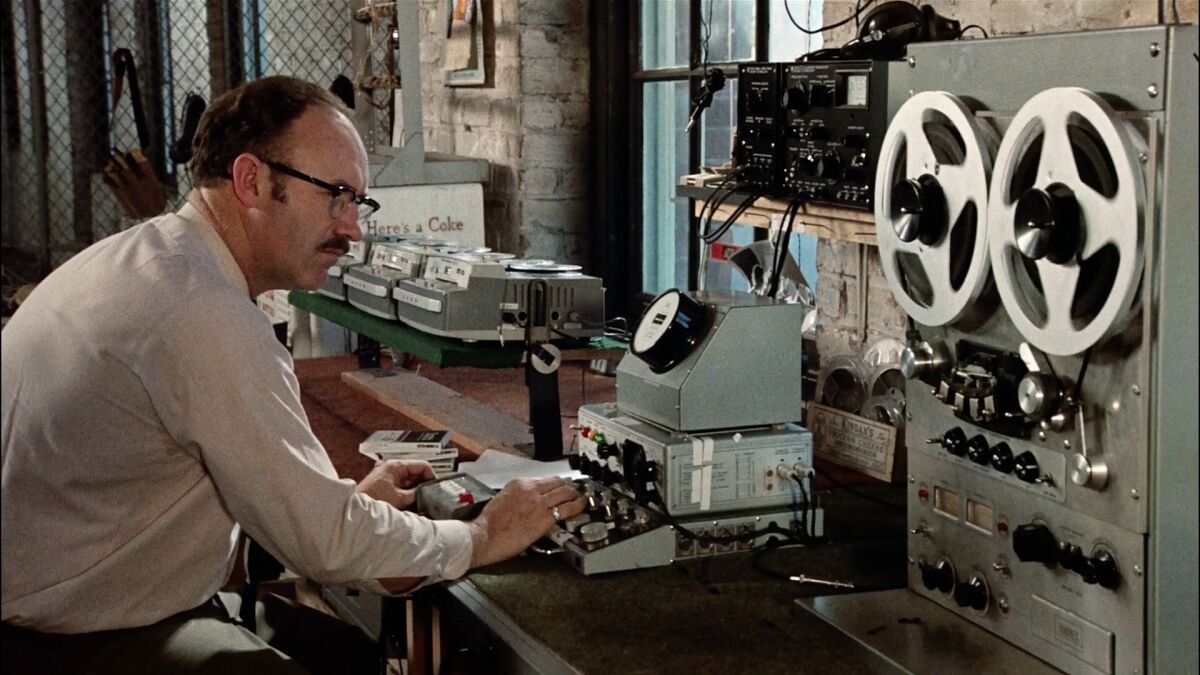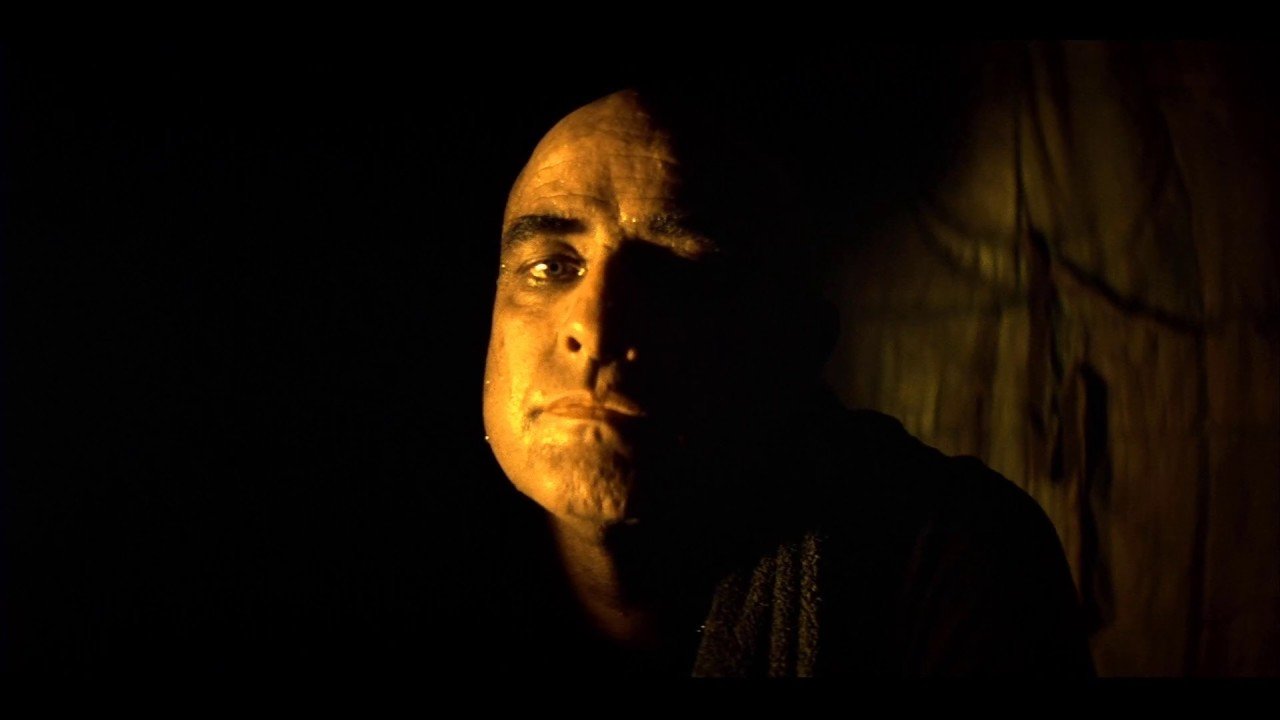WHAT MAKES FRANCIS FORD RUN by Craig Hammill
The filmmaker, now in his 80’s, is as ambitious as ever.
“Today, as I sit here right now, I think I have genius but no talent, really. I mean, I know film directors…David Lynch, who did The Elephant Man… who just have that talent. They’re like the kids who could draw in school, and they’d do beautiful work, and you couldn’t draw like that. And they didn’t seem to do anything to deserve it. That kind of talent I don’t have. My talent was more like something that came out of wanting it…” Francis Ford Coppola, Rolling Stone Interview, March 18, 1982
Francis Ford Coppola has always fascinated me. One of the bright lights (as I see it) of cinema’s current strange moment is that an 84 year old Coppola has just wrapped principal photography on his long gestating dream project Megaopolis starring Lawrence Fishburne, Adam Driver, Aubrey Plaza, Shia Labeouf.
The movie has a kind of Fritz Lang Metropolis meets Ayn Rand’s The Fountainhead vibe. In a future where American society is now like a Neo-Roman empire, a visionary architect (Driver) aims to rebuild a futuristic New York devastated by disaster.
For folks who don’t obsessively follow film directors, this might be interesting but not earth shattering. For me, it’s a lighthouse in a stormy sea.
Adam Driver in one of the few available behind the scenes stills of Coppola’s current sci-fi epic work in progress Megaopolis, currently in post production.
Coppola, at 84, has stayed true to his nature. He’s betting it all (he’s using his own money) on one more visionary epic. Most mortals would lose their taste for this kind of risk after what Coppola suffered following 1982’s commercial musical disaster One From The Heart (which is a really good movie actually with the benefit of time). Coppola deep in debt had to spend over a decade making movies, often for hire, to pay his obligations.
Ironically, he didn’t really come out of it until his side-project of selling wine took off. He’s always laughed that he made his fortune in the wine business not movies. And now he’s re-investing that fortune back into one final swing for the cinematic fences.
I’ve always been fascinated by Coppola’s strange mix of self-awareness, ambition, and Don Quixote like determination to realize the near-impossible.
He is one of the quintessential movie figures whose very strengths are also his very weaknesses. That’s probably true for almost all great folks. But with moviemakers like Herzog, Coppola, Fassbinder, Goddard, Renoir, even Kurosawa to a certain degree, what makes them inspiring is also what makes each of their projects a nail-biting gasper. They all were often willing to risk it all to make something suffused with dangerous vision and ambition.
So Coppola’s on my mind these days. It’s strange, as a movielover, to be in this interregnum period. It’s hard to believe that Megaopolis will be as good as The Conversation, The Godfather Part II, or Apocalypse Now. Very few moviemakers have made masterpieces in their final period that rivaled the best movies of their incandescent period.
For me, it’s a toss up between Coppola’s Godfather Part II and The Conversation as his greatest movie. Both, as I see it, are essential American masterpieces.
Yet there are examples of final period masterworks. Kurosawa made Ran and Dreams in his mid to late 70’s. Scorsese has made Silence and The Irishman (two of his best works as I see them) in the same period of his life. Bunuel made That Obscure Object of Desire as well in his late 70’s. The often criminally unsung Agnes Varda delivered a whole host of documentary essay masterpieces in her 70’s and 80’s (including The Gleaners and I).
And I’m actually a huge fan of Coppola’s 2009 Maribel Verdu, Vincent Gallo, and Alden Ehrenreich Tetro.
But at the heart of this blog is my curiosity and desire to know how Coppola has been able to make some of the most important movies in American cinema married to my hope that Megaopolis will be a new stunner.
Coppola’s biggest strengths have always seemed to be his vision and his writer’s ability to know what makes a story good.
Brando’s last great performance (as I see it) in Coppola’s Apocalypse Now as the mentally deranged by war Colonel Kurtz.
Paradoxically, Coppola’s own rashness and desire to create near-impossible achievements may also be the reason movies like The Rain People, The Conversation, Apocalypse Now, Bram Stoker’s Dracula, and soon, Megaopolis exist.
If he were any less ambitious or any more risk-averse or even (and this may sound strange) more practical, we wouldn’t have these incredible works.
It might be interesting, as well, to look at a Francis Ford Coppola through the prism of a Stanley Kubrick. Both filmmakers have swung for the fences. Both filmmakers have made a number of jaw-dropping difficult logistical works. But Kubrick always seemed to approach his projects with a chess-master’s mind. Kubrick, to my knowledge, never used his own money to finance his works. He made his movies on a budget. And he strove to make movies that would break-even or make a return for the financing studios. Thus insuring a reasonable expectation that studios would continue to finance his dream projects.
2009’s Tetro is shockingly strong later work by Coppola that really should be seen by more folks.
Coppola, by comparison, has always seemed to want to BE his own studio and bypass the corporations all together. He formed American Zoetrope very early in his career (before he had even made The Godfather). And he has always worked to make projects through that company with his own money, as often as possible.
Ironically, Coppola actually seems pretty good at playing the studio game. He has often been able to forge creative relationships with producers and money folks and speak in a way that purchased him respect. He said he learned this ability to have dialogue with management from his early days as the head of a Hofstra college theater company in need of funds, resources.
Ultimately, what makes Coppola so interesting is that when he hits, HE HITS. The genius of The Godfather Parts I and 2 have been more than backed up by the genius or even partial merit of The Conversation, Apocalypse Now, Rumble Fish, Tucker, Bram Stoker’s Dracula, Tetro. Even when a good Coppola movie doesn’t fully land, you can see the ideas, ambitions, experiments within it.
So let’s hoist a cup to Francis Ford Coppola. At 84 years old, he is editing his most ambitious movie since Apocalypse Now. Self financed just like Apocalypse Now. A science fiction epic about the clash between utopian ideals and entrenched power.
What could be a more fitting metaphor for Francis Ford Coppola’s filmmaking career in its entirety.
Craig Hammill is the founder.programmer of Secret Movie Club.





